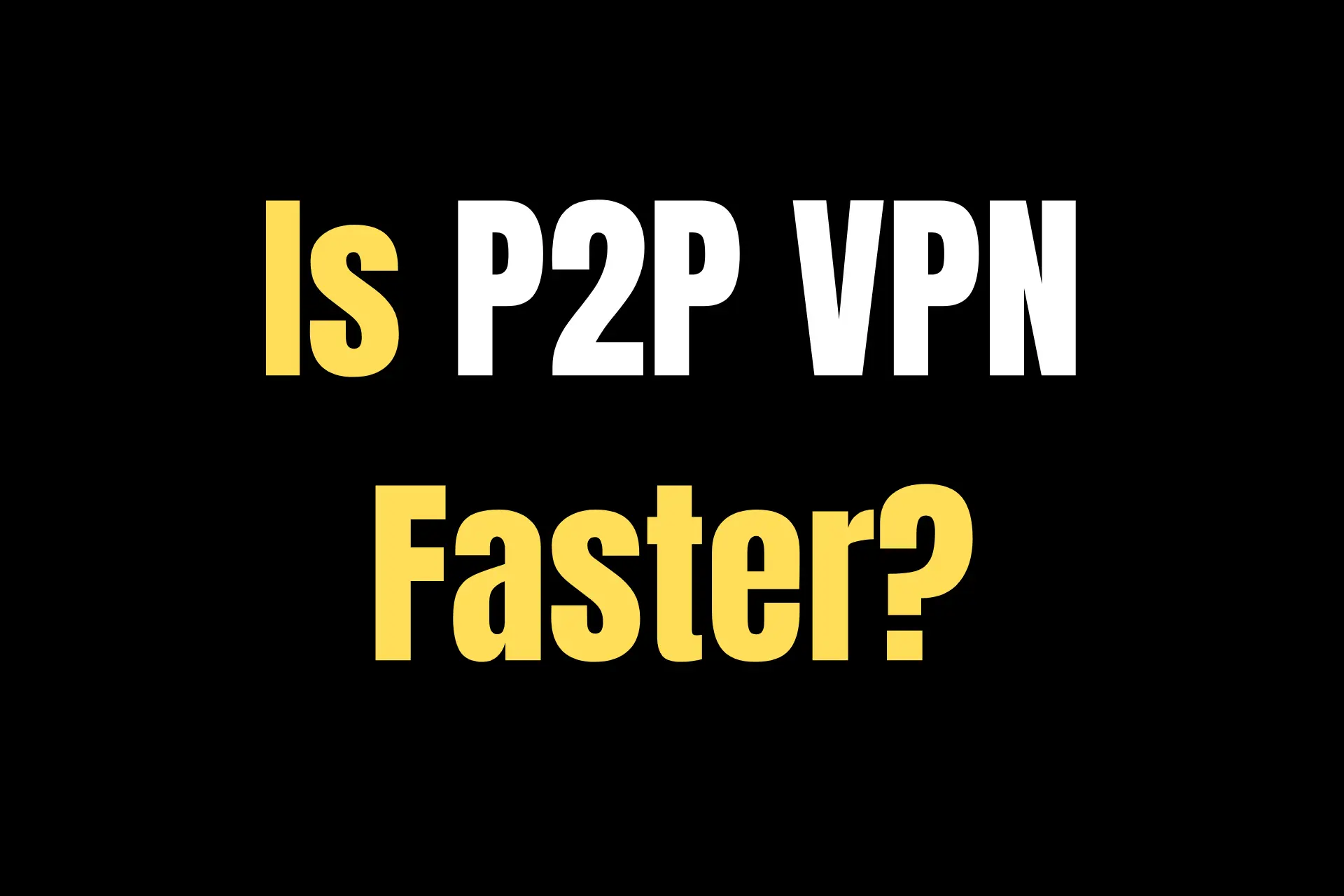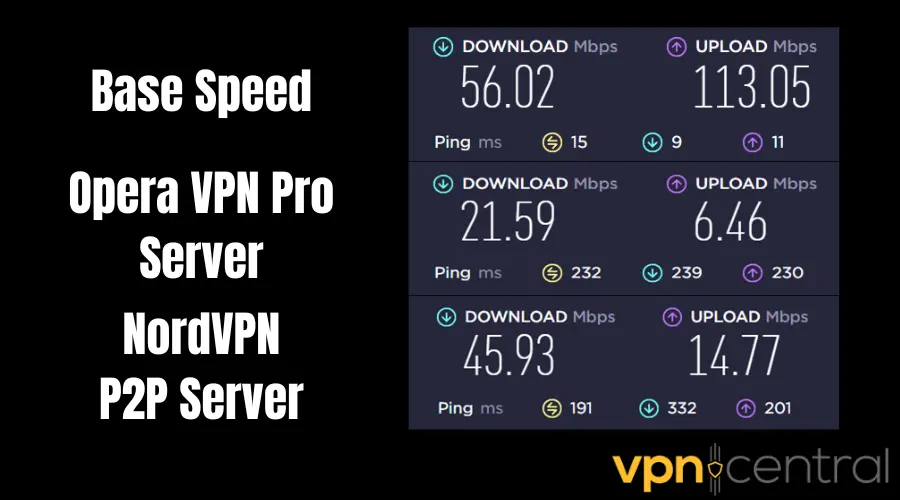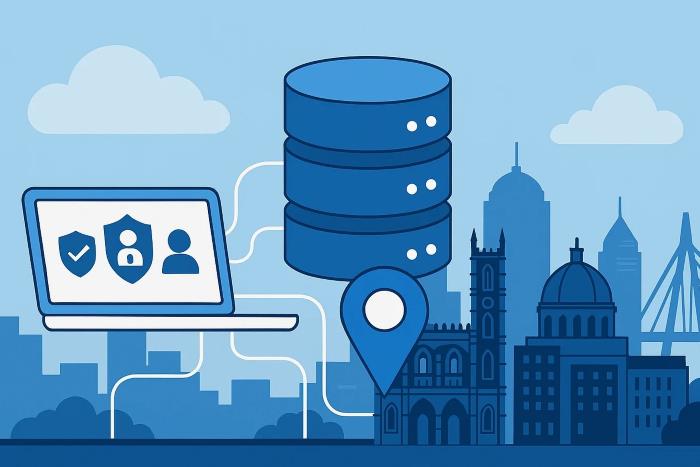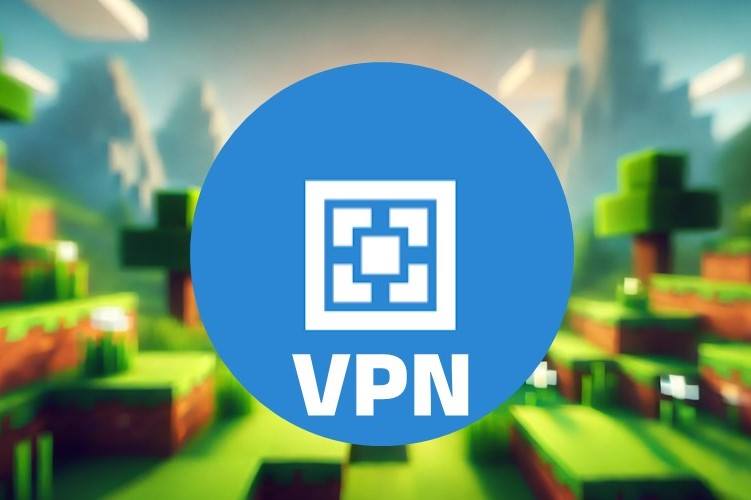Is P2P VPN Faster Than Regular VPN? [Tested]
3 min. read
Updated on
Read our disclosure page to find out how can you help VPNCentral sustain the editorial team Read more

When joining a peer-to-peer network, you can connect to a VPN to mask your IP address and hide your activity from nosy third parties. You generally have two options: regular consumer VPNs and P2P ones.
The biggest advantage of using a dedicated solution is faster speed. At least that’s the notion about it.
Does it hold true? Let’s find out!
Is P2P VPN faster?
Yes, a P2P VPN is indeed faster than a regular consumer one.
To confirm this we analyzed the performance of Opera VPN Pro and NordVPN.
The former allows peer-to-peer activities on its network but lacks specialized VPN servers, while the latter is a P2P-friendly service through and through.
For this test, we ran the uTorrent app for Windows. And we connected to either service’s hardware in the Asia Pacific (Singapore for Opera and Hong Kong for Nord). This way, we could prevent server distance from affecting our findings.
Here are the results of our internet connection speed tests courtesy of Speedtest by Ookla.

As you can see, the difference percentage-wise is quite clear:
| Download speed | Upload speed | |
| Opera VPN Pro | -61.46% | -94.29% |
| NordVPN | -18.01% | -86.93% |
Speed loss is an inevitable part of encryption. But you can clearly experience faster download and upload speeds when you go with a legit P2P VPN.
Are there other benefits of using P2P VPN?
Stability and reliability are the other benefits you stand to gain.
P2P VPN vendors set aside servers specifically for file sharing, gaming, and other P2P uses to prevent bandwidth-related issues.
In contrast, regular consumer services may slow down your peer-to-peer connections to conserve their hardware resources. They have to do this to prevent your activities from ruining the experience of other users who may only browse, do social media, or stream.
Furthermore, non-P2P VPNs may disconnect you when you share data over a peer-to-peer network. These services tend to block torrenters from places that strictly regulate file sharing.
When it comes to business uses, corporate P2P VPNs let you impose a strict authentication process, allow easier collaboration between team members, and help you with content delivery endeavors.
What are the downsides to P2P VPN?
The main downside to P2P VPNs is limited availability.
Not all services that advertise peer-to-peer support actually have servers reserved for it. And those that do, don’t have them present in all countries and territories their networks cover.
So, depending on where you live, you may have to route your P2P traffic over a great distance. Which, in turn, may negatively impact your download and upload speeds.
In terms of business use, P2P can be difficult to configure.
Summary
So, is P2P VPN faster than a regular consumer one? A resounding yes!
Apart from noticeably minimizing speed loss, they can deliver better connection stability and reliability too.
Now, truth be told, they aren’t without drawbacks. But they’re your go-to solution if you put a premium on privacy and security when joining peer-to-peer networks.









User forum
0 messages